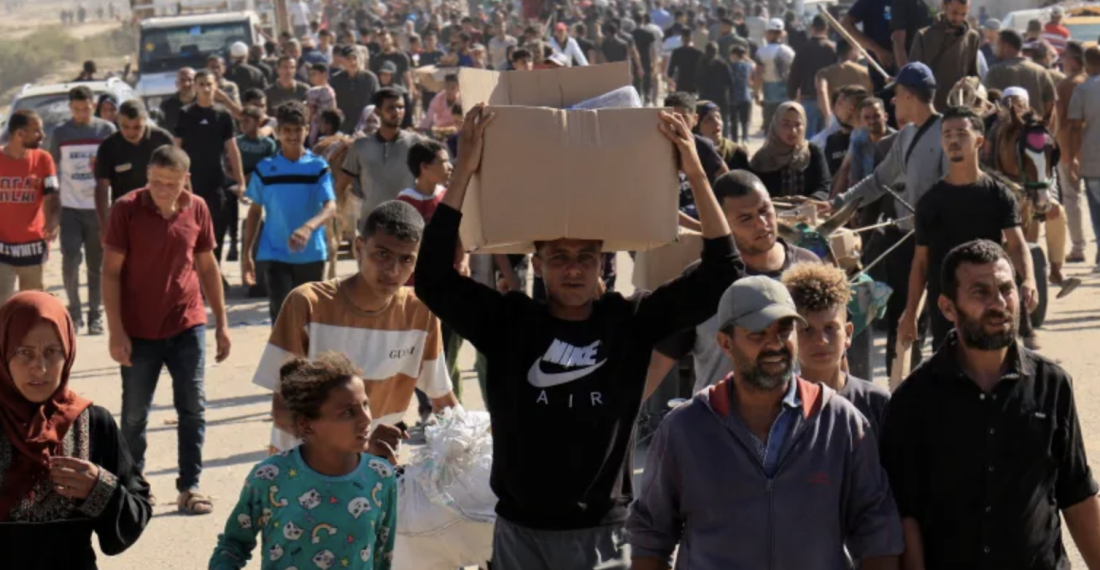According to the news channel Al Jazeera and the Palestinian news agency Wafa, at least ten Palestinians who were desperately seeking aid from a controversial and heavily criticised United States–backed organisation have been killed by Israeli forces in Gaza over the last 48 hours, according to the besieged enclave’s Government Media Office.
The attack took place in the south of the city, in a neighbourhood where the Israeli army had warned that large-scale attacks were imminent. This morning, the Israeli army spokesman repeated his warning from yesterday that inhabitants of Gaza City must leave. He directed them towards the coast and the south, to the so-called humanitarian zone near Al-Mawasi — an area that Israel regularly bombs.
Hospital sources have reported to Al Jazeera and Wafa that the death toll since midnight is 27. Sources at Nasser Hospital in Khan Younis informed the broadcaster that two of the deceased had sought assistance at a distribution point in Rafah.






